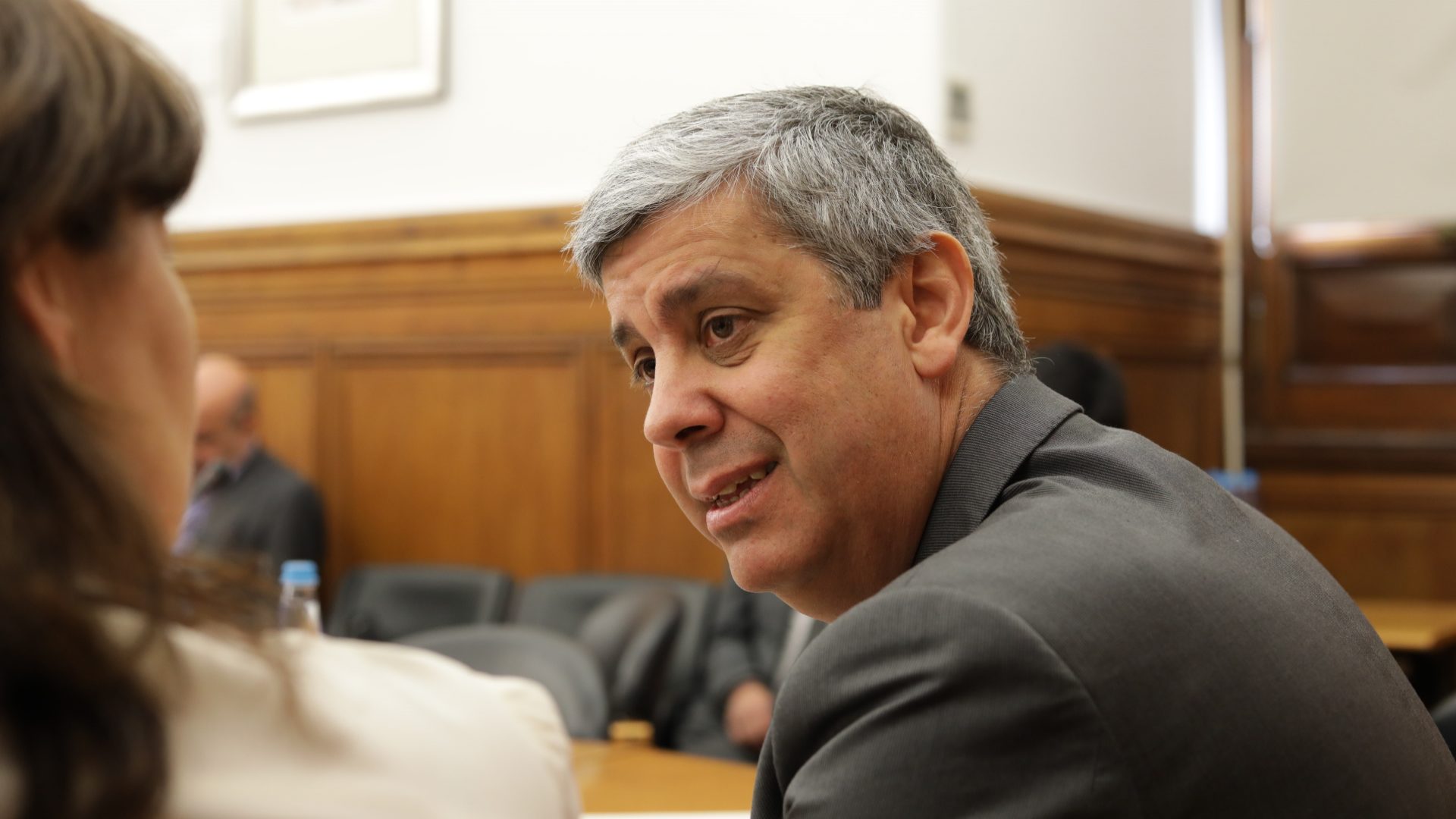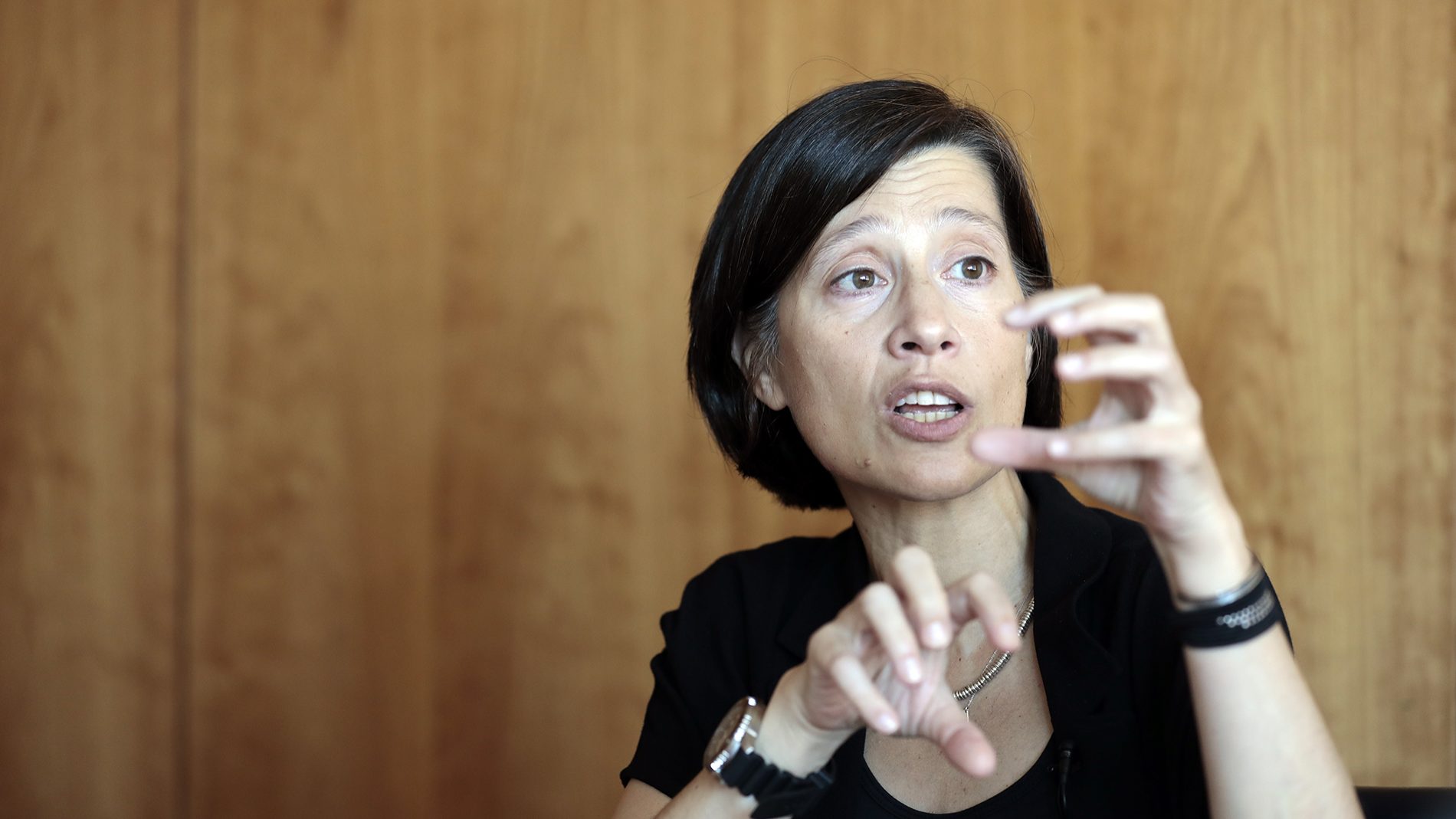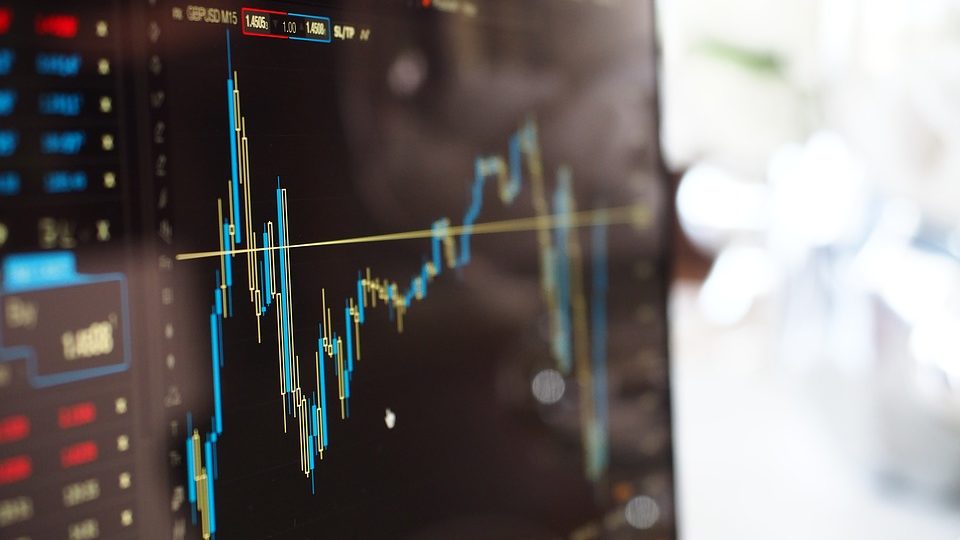Investors will be more protected from now on, but not yet in Portugal
The Markets in Financial Instruments Directive II (MiFID II) has been enforced this Wednesday. The diploma aims to protect investors, control managers and have more transparent markets.
New rules for the European financial markets have been enforced this Wednesday. It is the Markets in Financial Instruments directive II (MiFID II), a 7,000 pages’ diploma aiming to protect investors and increase intermediates’ responsibility, as well as having more transparent markets. It has been enforced this Wednesday, but not everywhere at once: Portugal will not be one of the pioneers in enforcing this directive.
The new legislative package for financial markets was presented by the European Commission in 2011, with the goal of having a law that follows the developments in financial markets, making them “more efficient, safe and transparent”, in a time of more complex financial products. After seven years, the new directive is ready to be enforced, but there are 19 countries that have not approved the legislation needed before implementing MiFID II, and Portugal belongs to that list: the government hasn’t approved the law that transposes it to the Portuguese law.
A source from the Portuguese Finance ministry has told the Portuguese news agency Lusa that “the project of the diploma that transposes MiFID II to Portugal is already passing through the legislative process”, adding that the prediction is that “its approval and submission to Parliament will take place in the beginning of January”. The legislation revising the rules applicable to financial instruments’ market will have to go to Parliament after it is approved by the Government, due to the fact that it includes changes on sanctions.
According to Bloomberg, the directive includes 7,000 pages of new rules — the same is to say that it is five times larger than Lev Tolstoi’s “War and Peace”. The broad set of legislation aims to prevent customers from going to banks or other intermediates and making investments that do not fit their profile, and also to assure that the manager standing behind the counter matches the financial products with the client’s profile. In addition, it aims to have more transparency in the market, narrowing down the number of transactions that take place in the so-called dark pools, where there is no regulation nor registration of the transactions, and also the access to research.




